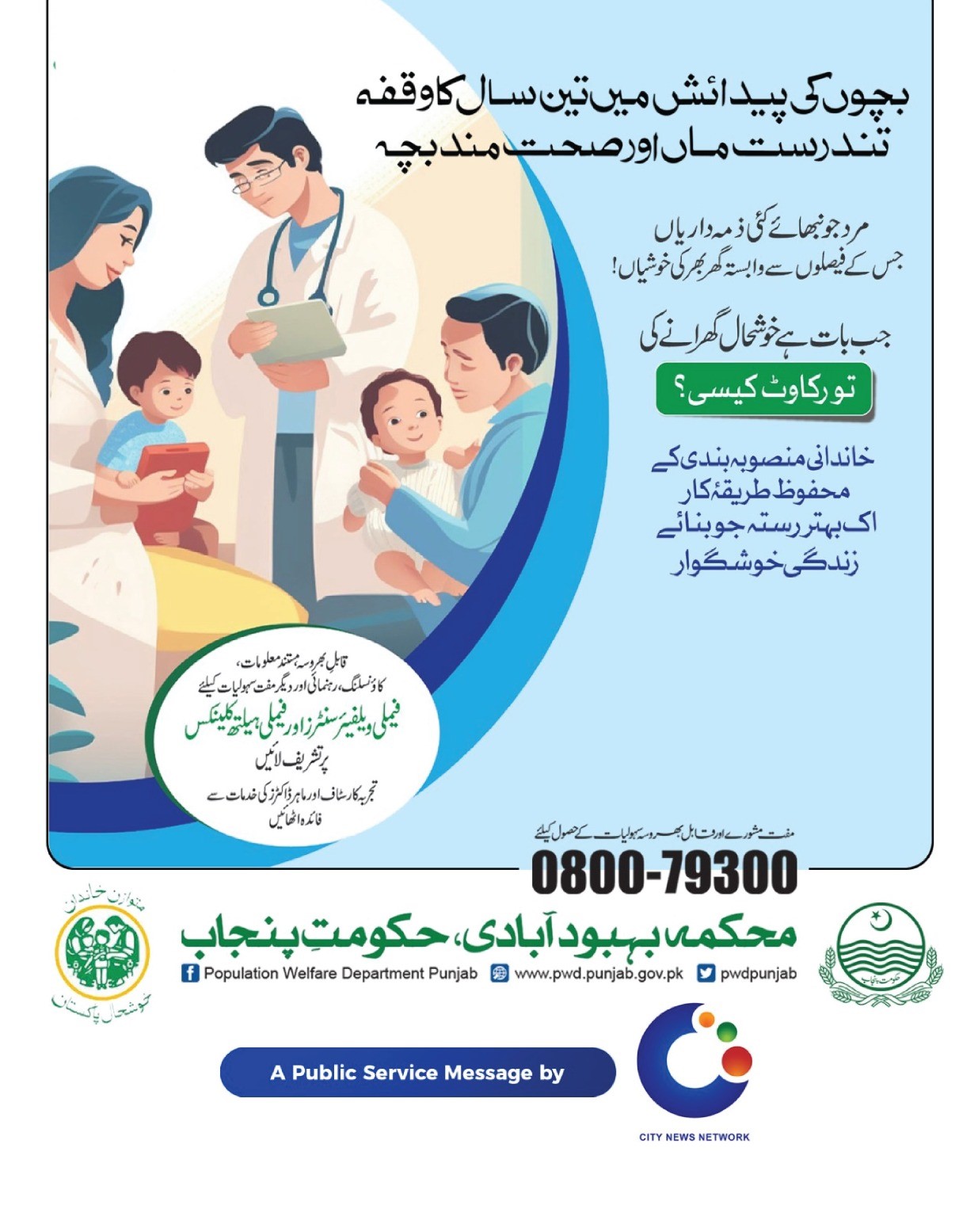Habits to have good memory into 70S and beyond!
By News Desk
May 31, 2024 12:09 AM

Having a sharp memory into your 70s and beyond isn’t purely about luck. It’s about the choices you make daily. The habits you foster today can play a significant role in retaining your memory power as you age.
Those who maintain a good memory in their later years usually follow certain daily habits. They’ve figured out what works best to keep their minds sharp and their memories intact.
In this article, we’ll share with you the 8 daily habits often adopted by these individuals. These simple, yet effective practices might just be the key to keeping your mind clear and focused for years to come.
Regular physical activity
One of the key habits held by those with a sharp memory into their 70s and beyond is regular physical activity. It’s no secret that exercise is crucial for overall health. But did you know it’s just as vital for our brains?
Engaging in regular physical activity helps to stimulate blood flow and oxygen to the brain, which promotes cell growth and survival.
By making exercise a regular part of your routine, you’re not only maintaining your physical wellbeing, but you’re also actively contributing to the health of your brain.
Remember, it doesn’t have to be intense or strenuous. Even a brisk walk every day can make a world of difference when it comes to keeping your mind sharp. So, take a step today towards preserving your memory by incorporating regular exercise into your lifestyle.
And just like any other habit, consistency is key. So keep moving and keep that memory in shape!
Healthy eating
I’m a firm believer in the saying, “You are what you eat.” And when it comes to maintaining a sharp memory, this couldn’t be more accurate.
Over the years, I’ve noticed that my diet significantly impacts my cognitive abilities. When I eat a balanced diet rich in fruits, vegetables and lean proteins, my mind feels clear and focused. But when I indulge in a lot of sugary or processed foods, I tend to feel foggy and unfocused.
Science backs this up too. A healthier diet provides essential nutrients to the brain, promoting better cognitive function and memory retention.
So, if you’re looking for a daily habit to improve your memory, consider paying attention to what’s on your plate. Opt for whole foods, avoid excessive sugar and stay hydrated. Trust me, your brain will thank you for it!
Mental stimulation
Did you know that the brain is like a muscle? It needs regular workouts to stay fit and agile. This is why mental stimulation is another crucial habit for maintaining a strong memory.
People who engage in activities that challenge their brains—like reading, puzzles, or learning a new skill—tend to have better memory retention. These activities stimulate new connections between nerve cells and may even help the brain generate new cells.
In essence, by keeping your brain active and engaged, you’re building up your cognitive reserve, which can help delay the onset of memory loss. So, pick up a book, start a new hobby or even play a strategic game to keep your mind sharp and your memory strong.
Regular sleep
Consistent, quality sleep is another non-negotiable habit for those maintaining a sharp memory into their later years.
Sleep is the time when our bodies rest and rejuvenate, but it’s also when our brains process and consolidate the information we’ve gathered throughout the day.
Skipping on sleep or having disrupted sleep patterns can interfere with this process, leading to poor memory recall and cognitive performance.
So, make it a priority to get a good night’s sleep. Aim for 7-9 hours each night and try to maintain a consistent sleep schedule. Your brain, and specifically your memory, will reap the benefits.
Social interaction
We’re social creatures by nature, and maintaining strong social connections can do wonders for our memory health.
The laughter, the shared memories, the heart-to-heart talks – these interactions keep our minds active and engaged. There’s something incredibly heartwarming and mentally stimulating about connecting with another human being.
But beyond just feeling good, social interaction can help to lower stress and depression, both of which can contribute to memory loss. So, whether it’s a phone call with a loved one, a coffee date with a friend or joining a local club or group, keep fostering those social connections.
Remember, it’s not just about quantity but the quality of your social interactions that counts. Genuine, meaningful relationships are the ones that truly enrich our lives and our minds.
Mindfulness and meditation
In a world that’s always on the go, it can be challenging to slow down and just “be”. I’ve found that mindfulness and meditation have been instrumental in helping me stay present and focused.
There were times when I felt overwhelmed by the pace of life, with countless thoughts racing through my mind. It was during these times that my memory seemed to suffer the most.
When I started practicing mindfulness and meditation, I noticed a significant difference. Not only did it help me manage stress better, but my memory recall improved as well.
Both mindfulness and meditation help to improve concentration and cognitive function, which in turn can boost memory recall. Plus, they provide a sense of calm and clarity that can help navigate through the daily hustle and bustle.
Regular check-ups
Regular health check-ups are another key habit of those with good memory in their later years.
Chronic conditions like diabetes, high blood pressure, and heart disease can affect memory if not managed properly. By having regular check-ups, you can monitor your overall health and take necessary actions to manage any conditions early on.
It’s not just about treating illness, it’s about maintaining wellness. By proactively taking care of your overall health, you’re also taking care of your brain health and in turn, your memory.
So, make it a point to schedule regular appointments with your healthcare provider and stay on top of your health. It’s one of the best investments you can make for your future self.
Lifelong learning
Never stop learning. It’s the single most important thing you can do to keep your memory sharp.
Continuing to learn and challenge your brain throughout your life—by studying, reading, exploring new hobbies, or pursuing a new interest—can help to stimulate your mind and improve your memory.
Lifelong learning keeps the brain active and engaged, which is crucial for sustaining cognitive health. So, keep learning, keep growing, and keep challenging yourself. Your mind will thank you for it.







 Govt imposes capital value tax on farmhouses and big houses in Islamabad
Govt imposes capital value tax on farmhouses and big houses in Islamabad Widow, daughter ‘buried alive’ in a wall for property in Hyderabad
Widow, daughter ‘buried alive’ in a wall for property in Hyderabad Ducky Bhai gets 'harsh' slap from wife Aroob Jatoi
Ducky Bhai gets 'harsh' slap from wife Aroob Jatoi Public labels Veena Malik 'Over Actor' watching her video falling from snowy mountains
Public labels Veena Malik 'Over Actor' watching her video falling from snowy mountains  Rashid Mehmood expresses anger over skyrocketed electricity bill
Rashid Mehmood expresses anger over skyrocketed electricity bill Ali Zafar’s latest release ‘Yar Di Aakh’ is really heart-touching!
Ali Zafar’s latest release ‘Yar Di Aakh’ is really heart-touching!
